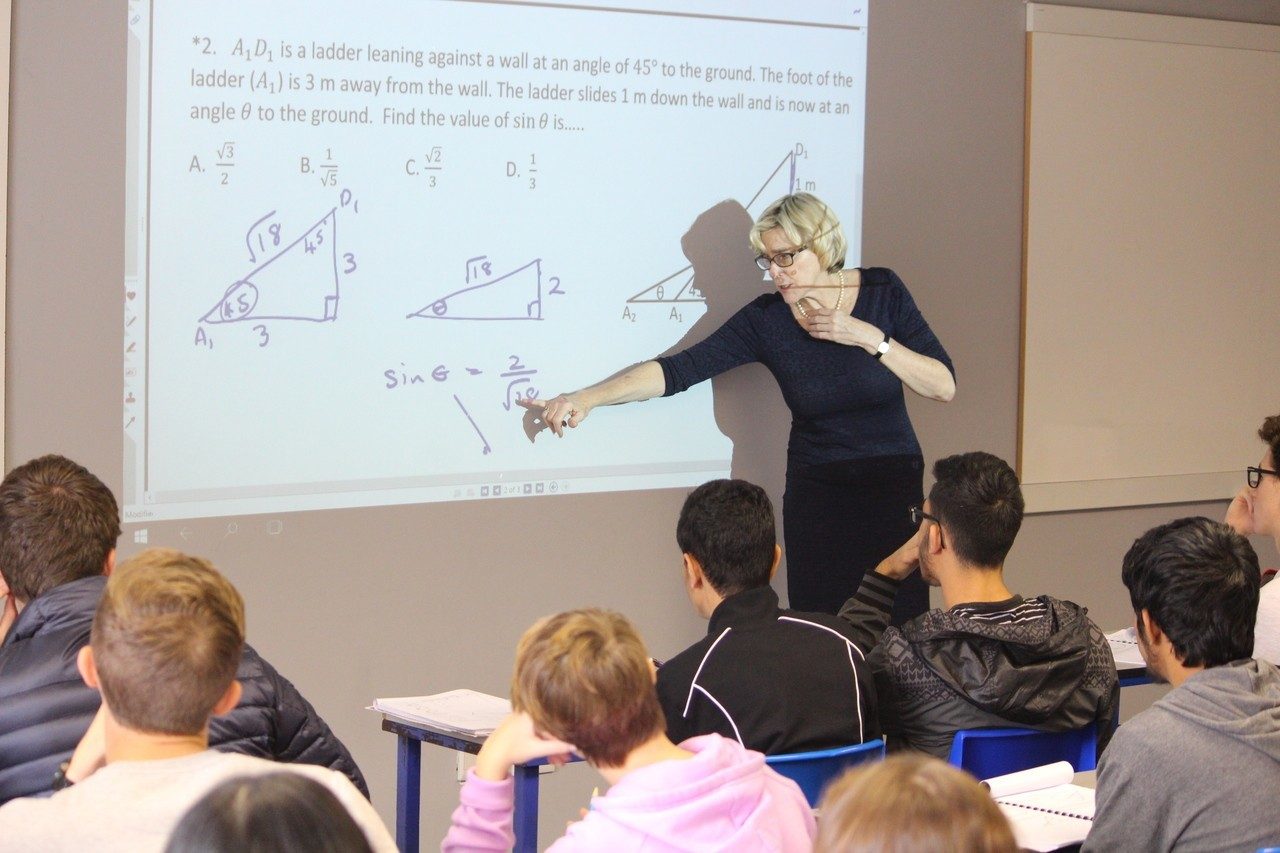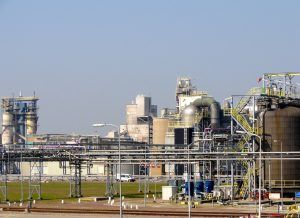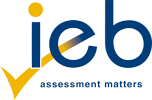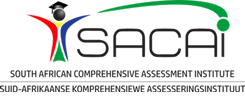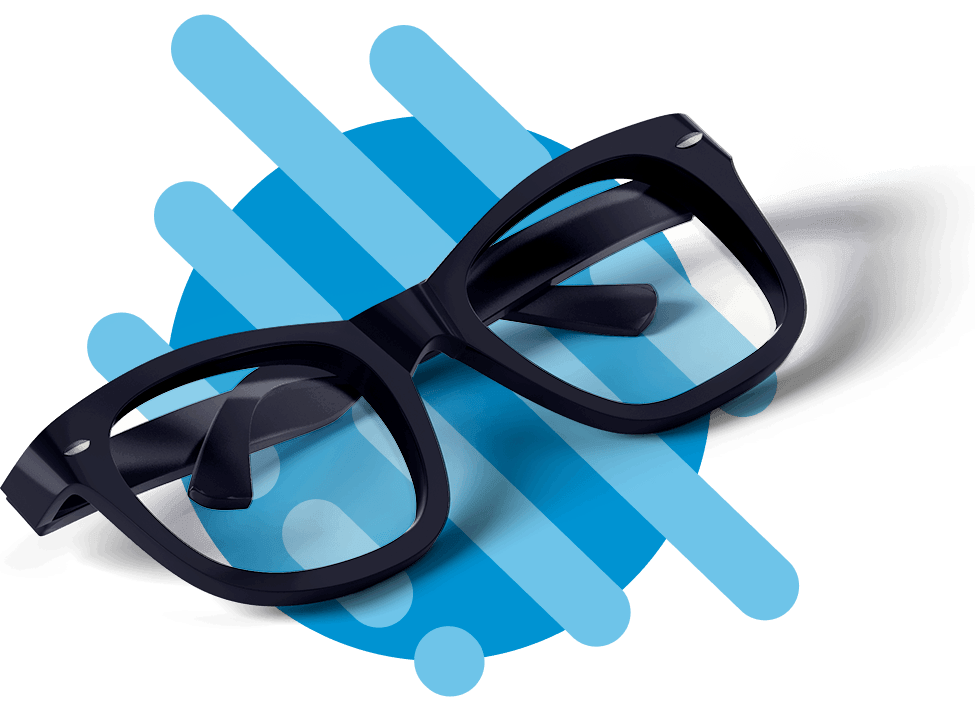
Real Life Careers: Chemical Engineer
Education
Careers
Science


This article is the first in a series on ‘Real Life Careers’ in which we chat to people about their career and look at the (sometimes unexpected) paths they took to get there. To start off we chat with Crispian Lees – a Chemical Engineer and founding member of Advantage Learn. Crispian (29) is currently a Process Engineer for Sasol, based in Sasolburg. He holds an MSc (Master of Science), with a BSc in Chemical Engineering from UKZN.
High school
Crispian answered some questions about his experiences in high school and how they impacted his varsity and career choices.
Q: What subjects did you take at school?
A: I took the classic “double science, accounting”. My elective subjects were Science (aka Physical Science), Biology, Accounting. My compulsory subjects were Maths Higher Grade (for which the nearest equivalent today is known as Core Maths), English (1st Language) and Afrikaans (2nd language). I also took an additional subject which was then called AdMaths (Additional Mathematics) and is now called APmaths (Advanced Programme Mathematics).
Q: What were your favourite subjects at school?
A: Maths and Science for sure. I loved the writing aspect of English but I wasn’t too fond of comprehensions, literature studies and poetry. This has changed to some degree.
Q: Would you say any of your favourite subjects have been helpful to your degree and career?
A: Yes definitely. Most significantly Maths, Science and AdMaths (now APmaths). English helps universally due to it being the generally accepted “business language”.
Writing and communicating well is under-rated at school,
but its importance becomes more apparent in the workplace.
Q: What skills that you learnt at school have proved helpful?
A: Obviously the subject matter fundamentals and analytical skills nurtured through the formal subjects (Maths, Science, English) are very important. Outside of that, the ability to function well in teams (nurtured through participation in sport), and the ability to lead (nurtured by pursuing leadership positions on the Learners Representative Council and Student Executive Council – or ‘Prefect body’), together with public speaking are all skills that I started to develop at school and have served me well.
Q: What do you wish you had done more of while at school?
A: I wish I had started surfing earlier haha. I was pretty ‘MAX’ed’ out in terms of participation at school (mainly sports and academics). I think, in hindsight, debating is a really valuable skill. However if I had taken on debating it would have been at the expense of another one of my interests, and I can’t think which one I would have replaced. If you are privileged enough to attend a school which can offer you a plethora of cultural and sporting activities to get involved in, then you should get involved in whatever interests you.
It’s a period of discovering who you are, what you like and where you want to go.
So, the more experiences you have to draw from, the better equipped you are to answer those questions for yourself. Get involved but don’t lose sight of having fun along the way!
Q: Were you aware of your current career path when you were in high school?
A: I was aware of Chemical Engineering as a career option, yes.
Did I know I was going to follow that route? No.
I only really decided I was going to try the Engineering route in Matric. And that decision was literally based on the fact that I really enjoyed Maths and Science, the financial prospects sounded good and I wanted to do something that challenged me, kept doors open and wasn’t too narrow in its focus. Basically I wanted to buy myself time to figure out what I really want to do.
University
There are a few general considerations to be made when leaving school and heading into varsity. In this section Cris reflects upon his choices and his path through his degree(s).
Q: Did you take a gap year, and why?
A: Yes. My Mom encouraged it, my older brother had done it and recommended it. I was a little bit tired of studying after a hectic Matric year so was keen to do something different. Having said that, it was a gap year with a clear intention to go to University the following year. I was sure I wanted to study further.
Q: Did you get into your first choice Degree/institution?
A: Yes, Chemical Engineering at UKZN.
Q: Did you start tertiary education pursuing the degree you ended with?
A: Yes, fortunately for me it turned out that I made a good choice and really found my degree interesting and challenging.
Q: What attracted you to pursue the Degree and career you did/are?
A: I really enjoyed Maths and Science, so Engineering was a good match. As I have said before, the financial prospects sounded good and
I wanted to do something that challenged me
and that also wasn’t too narrow in its focus. As I have said before, basically I wanted to buy myself time to figure out what I really want to do. Fortunately it turned out that I really enjoy Engineering and it is something I want to do, among others. The reason I chose Chemical Engineering out of all the various fields of engineering was that, in my opinion, it has the broadest scope in terms of potential careers. Again this was a tactic to keep doors open while I figured out what I wanted.
Q: Is your current career path related to your Degree?
A: 100% match currently
Q: Have you done Postgraduate studies and would you do so again if you went back to the end of undergrad?
A: Yes, and yes I definitely would.
Career
Crispian now answers some questions that are specific to his current career. This gives us insight into some of the the realities of being a Chemical Engineer and his specialisation.
Q: Do you have a specific focus or speciality within your field?
A: Yes, I am a Process Engineer specialising in waste water treatment modelling and design.
Q: Why did you choose this specialty?
A: I’ve always been a very environmentally conscious person and so I believe in the work done in this field. I see waste technology and management as a massive growth area as environmental pressures are only increasing which speaks to opportunity. I was confident I could get the support I needed to complete my Masters at UKZN. This was because they had a strong waste water treatment modelling team in the Pollution Research Group.
Having a good supervisor for your Masters is critical!
Q: What does your job involve day to day?
A: When I was a Plant Support Engineer for Sasol Wax, I was based on the catalyst plant. My job involved monitoring the process (tracking significant process variables eg furnace temperature, filter pressure etc) and troubleshooting problems encountered by production (eg a wash water tank is losing level in between washes but a leak is not evident – why and how can we fix it), on a daily basis and identifying optimization opportunities in the process. I was also responsible for basic design and implementation of projects for process improvement.
Today, I am a Process Engineer in the Environmental Engineering team of the Process Development group at Sasol Research and Technology. In my new role, I largely work on projects relating to waste water treatment process modelling and design, process development and new technology evaluation.
This involves researching and developing processes to solve problems
in Sasol’s waste management portfolio and to capitalize on process licensing opportunities for the business.
Q: What ‘things’ would you recommend individuals who are wanting to go into your field (general or specific) to consider that they may not be aware of?
A: Many Chemical Engineers end up in desk jobs as Management Consultants, Business Analysts and Managers. They are more inclined to that type of work where you get to dress up in a suit and tie, crunch numbers, write reports and manage projects – and that’s cool. Banks and management consultancies love engineers due to their strong analytical abilities. This is nice to know since you can be sure that having an engineering degree will not limit you to the engineering field.
Having said this, if you want to work as a Chemical Engineer, it is good to know that the most common place to start is in Plant Support.
Here you are based on a functioning plant and work in a hard hat and overalls where your job is to help with troubleshooting and optimization on that plant. You are not on the plant all day and will obviously have an office at which to analyse the plant remotely and design small modifications to solve practical day-to-day problems. However it is a very hands-on job. An engineering position which is more office based is Design Engineering where you design processes.
Be clear on these distinctions to guide what you want.
Having said this, sometimes while your end goal might be Design Engineering, you may have to take a career path via Plant Support to get there.
One other thing to be aware of is that if you end up working on a plant this can often mean moving to remote towns since large chemical plants are seldom placed in the major metros for health and safety reasons. An example of this is that my hometown is Durban but I am currently employed by Sasol in Sasolburg in the Free State which was quite an adjustment for me as a surfer.
Keep an eye out for the next post in our ‘Real Life Careers’ series.
This article was originally published on 19 Sep 2016
About the author
Jax Heilgendorff
I have watched the development of AL.com for years and marveled at the ingenuity and passion shown from the start. As a Linguistics major, university lecturer and burgeoning copywriter, the Advantage Learn story is one close to my heart. I hope to add to the development of educational thinking in South Africa by helping to relate topics and create spaces for thought on the challenges and opportunities facing South African learners, students, and parents.

Unlocking Opportunities with Further Studies English: Faye’s Journey
Further Studies
Featured
Our recent Further Studies (AP) English webinar gave a firsthand look into the significant advantages of Further Studies programmes. With the inspiri... Read more

Why Take Further Studies Programmes: Your Pathway to Academic Success
Uncategorized
Are you a high school student in Grades 9, 10, or 11, and looking to stand out in your academic journey? If so, then Further Studies Programmes might... Read more

How Further Studies (AP) Maths Helps At University
Further Studies
FS Maths
Featured
At Advantage Learn, we are dedicated to empowering learners with the tools they need to succeed in higher education and beyond. Our recent Further St... Read more
Do you want better Maths results?
Maths Online is a bank of over 2000+ extra lessons. Furthermore, gain access to our teacher support to help you when you need it!
More info










